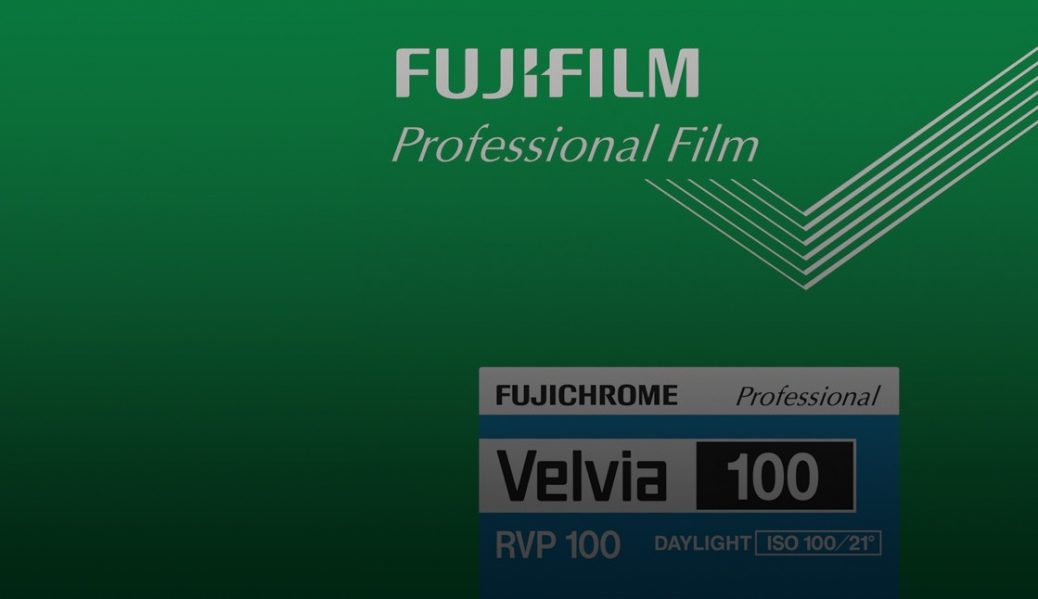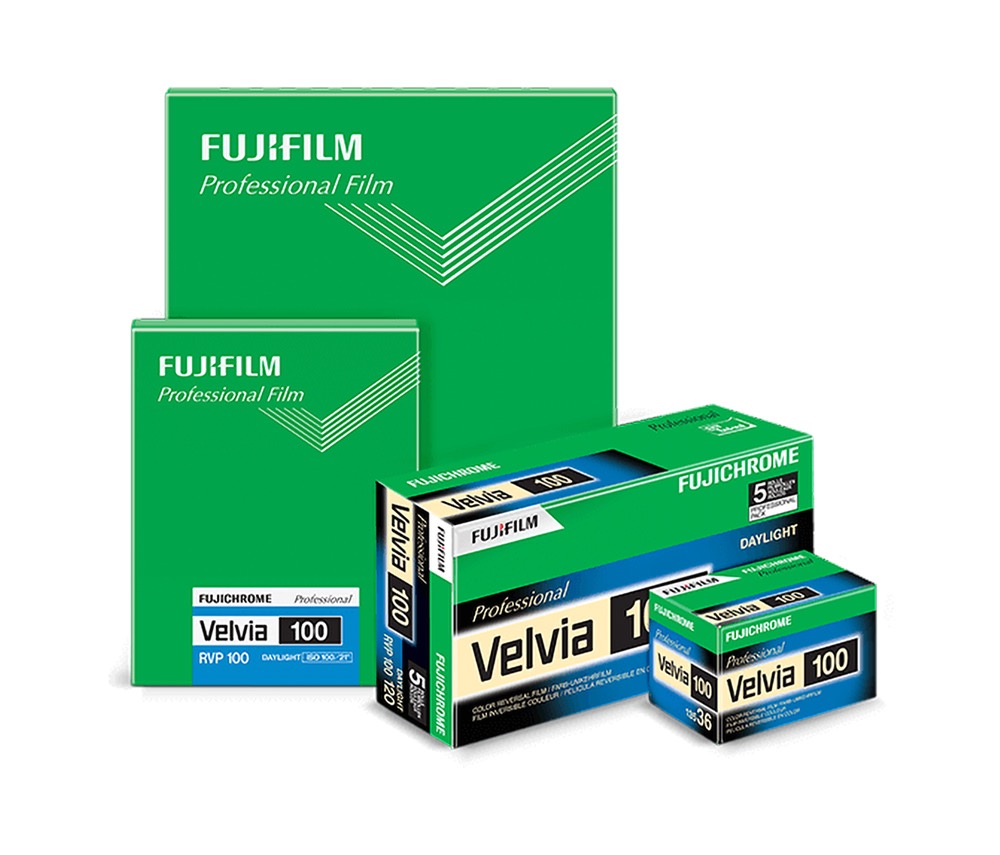Fujifilm Discontinues Velvia 100 in the US Due to the New EPA Regulations
Fujifilm has announced that due to regulations put in place by the Environmental Protection Agency (EPA), it will no longer be able to sell Fujichome Velvia 100 in the United States.
A note on its website cites a new regulation under the Toxic Substances Control Act (TSCA), which prohibits the processing and distribution of phenol, isopropylated phosphate (3:1) (PIP (3:1)) (CASRN 68937–41–7, a chemical that is found in very trace amounts in the layers of Fujichrome Velvia 100.
“On March 8, 2021, the Environmental Protection Agency (EPA) finalized a rule regarding the chemical phenol, isopropylated phosphate (3:1) (PIP (3:1)) (CASRN 68937-41-7) under the Toxic Substances Control Act (TSCA), which prohibited the processing and distribution in commerce, including sales, of the chemical and products containing the chemical. EPA also issued an enforcement policy on the same day stating that it will not enforce the ban on processing and distribution until September 5, 2021.
A minuscule amount (less than 0.0003%) of PIP (3:1) is present within the layers of FUJICHROME Velvia 100 Professional films. Fujifilm believes that the trace amount of PIP (3:1) in the FUJICHROME Velvia 100 Professional films pose no risk to the environment.
As a global leader in imaging, Fujifilm is committed to acting sustainably, and complying with all country regulations. As such, Fujifilm will discontinue FUJICHROME Velvia 100 Professional film in the U.S. effective immediately (July 6, 2021).”
It should go without saying that U.S. retailers will likely still have some of the emulsion available until their respective stocks are completed. As such, if you’re in the U.S. and want to get your hands on some of the last legally-available Velvia 100 before the ban, you might want to act fast. Fujifilm says that any photographer who has purchased its Fujichrome Velvia 100 Professional films should read this Safety Data Sheet carefully.
While Velvia 50 is still currently listed as being produced and does not appear to be subject to the ban — it apparently doesn’t contain phenol, isopropylated phosphate (3:1) — it is currently on backorder.


